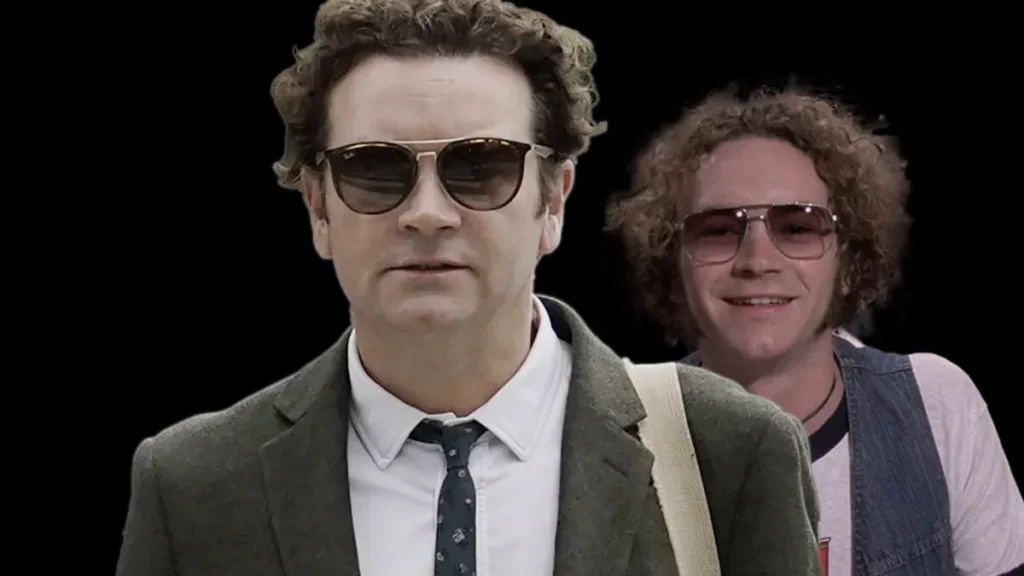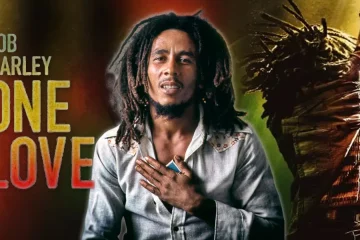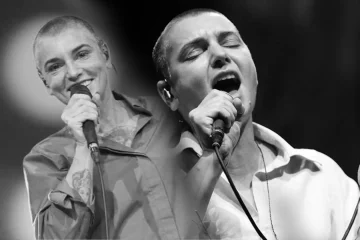In a significant development, actor Danny Masterson, famously known for his role in “That ’70s Show,” has been found guilty of two out of three counts of rape in a retrial held in Los Angeles. This landmark case has garnered immense attention, particularly due to the involvement of the Church of Scientology. In this article, we delve into the trial proceedings, the role of the Church, the emotional impact on the victims, and the potential repercussions for both Hollywood and the Church.

The jury, consisting of seven women and five men, delivered their verdict after a rigorous deliberation spanning seven days over two weeks. Although they were unable to reach a unanimous decision on the third count, which accused Danny Masterson of raping a longtime girlfriend, the jury leaned towards conviction with an 8-4 vote. Consequently, the 47-year-old actor was taken into custody and now faces a potential prison sentence of up to 30 years.
The emotional toll of this verdict was evident as Masterson’s wife, Bijou Phillips, was seen weeping while he was being led away, while other family members and friends maintained a somber demeanor. One of the victims, who was raped by Danny Masterson in 2003, expressed a mix of emotions—relief, exhaustion, strength, and sadness—upon hearing the news, acknowledging that her abuser would finally be held accountable.
Prosecutors, retrialing the case after a mistrial in December due to a deadlocked jury, presented compelling evidence indicating that Danny Masterson forcibly raped three women, including his former girlfriend, within his Hollywood Hills residence between 2001 and 2003. They contended that he drugged his victims to carry out these heinous acts and exploited his status within the Church of Scientology, to which all three women were affiliated at the time, to evade consequences for an extended period.
During the trial, Danny Masterson chose not to testify, and his defense team opted not to call any witnesses. The defense strategy centered on arguing that the sexual encounters were consensual, highlighting perceived inconsistencies and changes in the victims’ testimonies over time, suggesting possible coordination between them.
Notably, the Church of Scientology played a significant role throughout the legal proceedings. In the first trial, its influence was evident, but in the retrial, it became even more pronounced. Judge Charlaine F. Olmedo permitted expert testimony on church policies from a former Scientology official turned prominent opponent. This decision led to heightened tensions within the courtroom, with current and former Scientologists present. The victims testified feeling intimidated by certain church members, further highlighting the complexity and sensitivity surrounding the case.
Actress Leah Remini, a high-profile critic of the Church and former member, attended the trial, providing support to one of the victims during the closing arguments. Founded in 1953 by L. Ron Hubbard, the Church of Scientology has numerous members within the entertainment industry. The judge imposed certain limitations on discussing the church, primarily focusing on explaining the victims’ delayed reporting to authorities.
The victims’ testimony during the trial was both graphic and emotionally charged. Two women, who were acquainted with Danny Masterson through the church, stated that he served them drinks, after which they experienced dizziness or passed out before being violently raped in 2003. The third victim, Masterson’s former girlfriend of five years, testified that she woke up to find him sexually assaulting her and had to resort to physical means to stop him.
The issue of drugging emerged as a crucial aspect in the retrial. Initially, the court allowed prosecutors and victims to describe their disorientation and imply the presence of drugging. However, in the retrial, the prosecution was permitted to directly argue the involvement of drugging, attempting to establish it as a significant factor, despite the lack of toxicology evidence or charges related to drugging. Masterson’s defense team sought a mistrial due to the inclusion of this issue, but their motion was denied. The matter is likely to be a significant factor in any future appeals.


